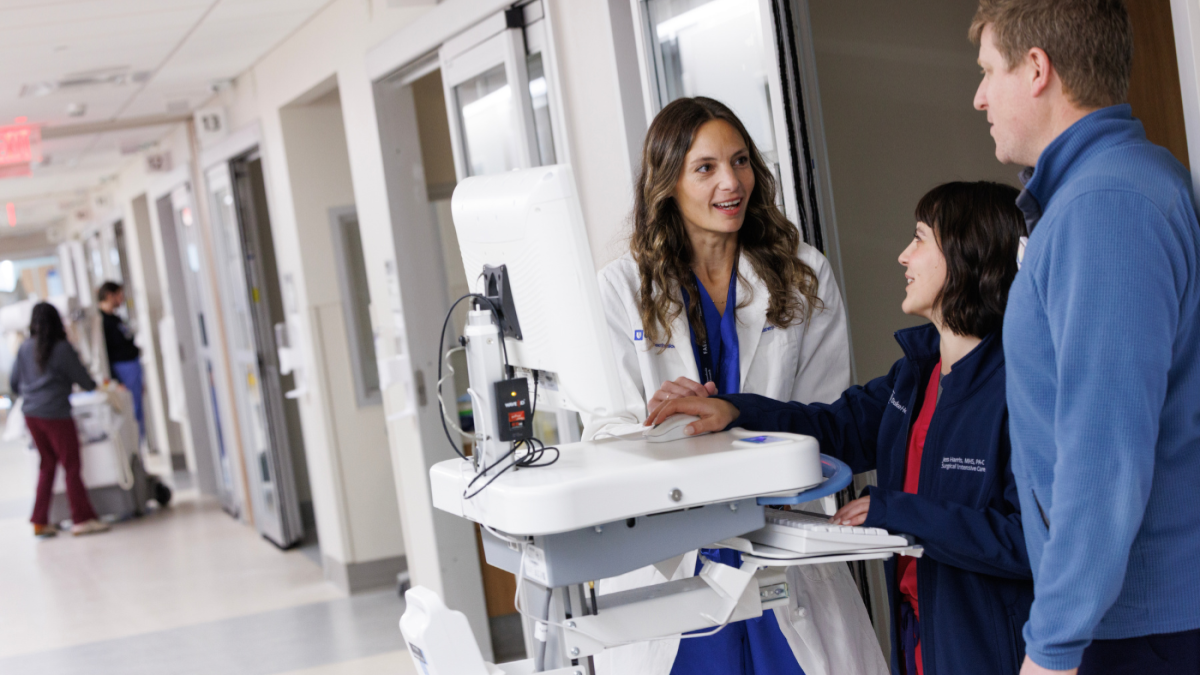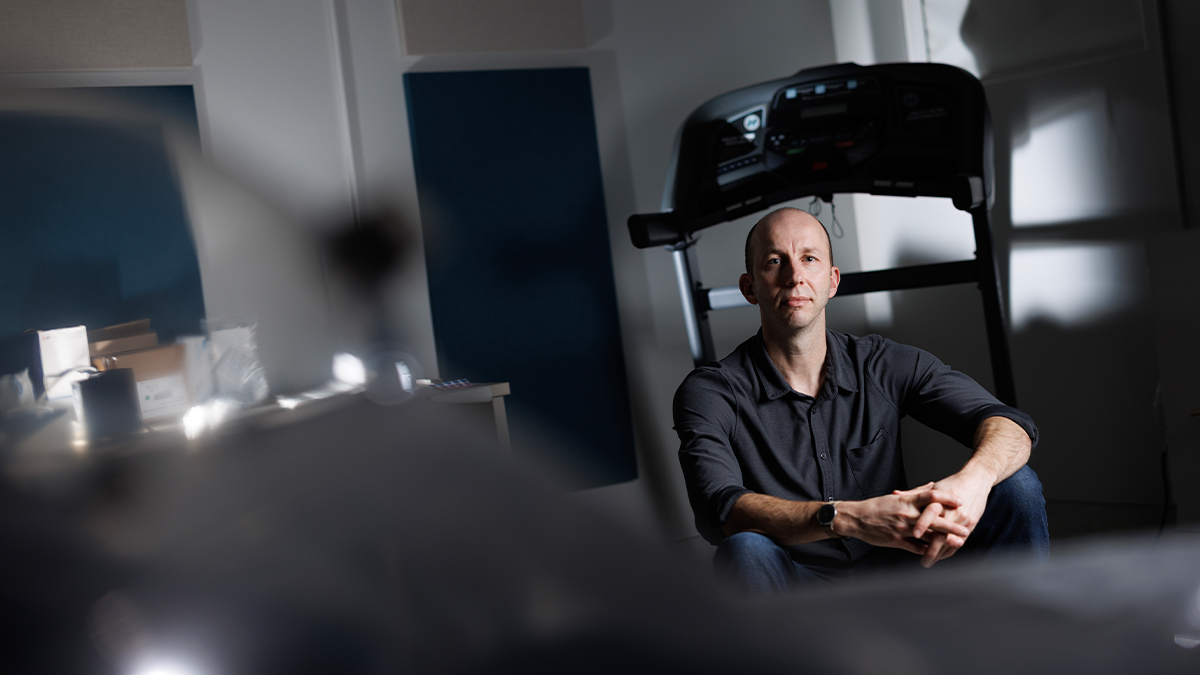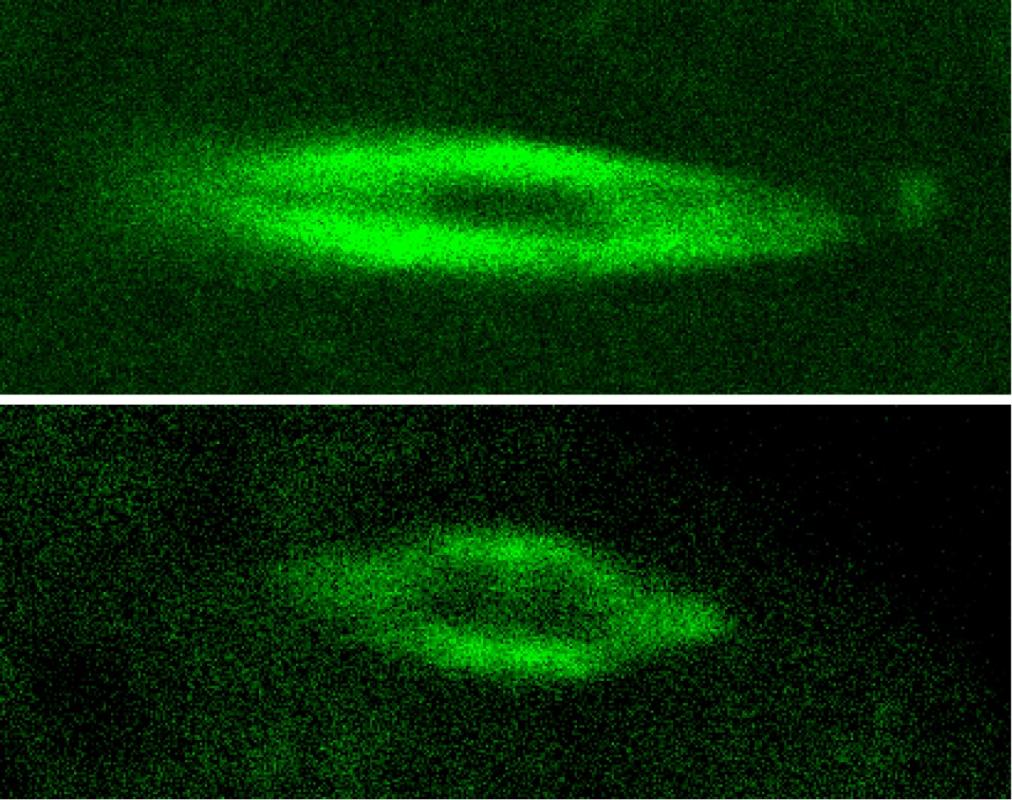Fund Fuels New Opportunities For Physician-Scientists At Duke
A new $11.45 million award from the Nanaline H. Duke fund expands the ability of early-career physician-scientists at Duke to develop and innovate. The award will accelerate groundbreaking research that transforms patient care, while strengthening Duke’s role as a national leader in physician-scientist development, said Duke University President Vincent E. Price.
School of Medicine faculty, staff among 2025-26 Presidential Award winners
Faculty and staff from the School of Medicine and Duke Health are among the recipients of the prestigious 2025-26 Duke Presidential Awards.
Over-the-counter medications may alter cancer immunotherapy outcomes
Duke researchers have found evidence that widely used drugs such as acetaminophen, proton pump inhibitors, and corticosteroids can reduce the efficacy of immunotherapy treatment.
Duke Cancer Institute announces new Pancreatic Cancer Center
The new center seeks to improve long-term outcomes for patients with or at risk for pancreatic cancer through esearch focusing on prevention, early detection, and treatment.
New sensor shows how cells keep division on track
Cells inside our bodies divide constantly for growth and repair, but it’s a carefully controlled business. Mistakes can lead to diseases like cancer.
Supporting kids with special health care needs after Hurricane Helene
In the wake of Hurricane Helene’s devastation across western North Carolina, families of children with intellectual and developmental disabilities face heightened challenges accessing essential health care and support services. To address these needs, Duke Psychiatry & Behavioral Sciences is partnering with local organizations to provide resources and coordinated care for these vulnerable communities.
Restoring mitochondria shows promise for treating chronic nerve pain
Discovery at Duke School of Medicine suggests a new way to tackle the root cause of nerve pain by helping cells share energy.









